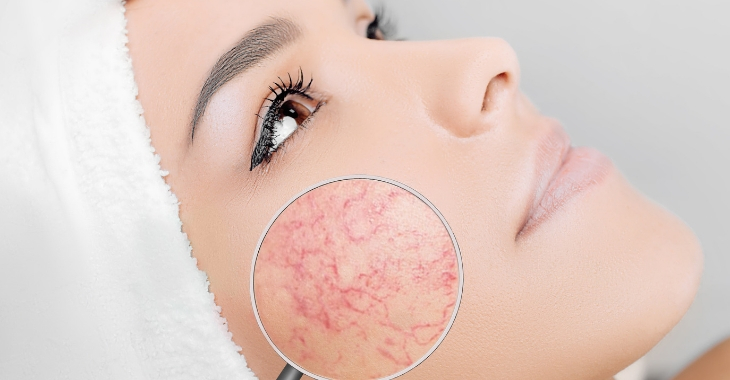Four Things You Should Never Do When Washing Your Face
Washing your face is simple, right? After all, you have been doing it since you were a little kid. Or maybe it’s not simple for you at all. You have been told or led to believe that you needed a complex routine to properly clean your facial skin and keep it free from acne and blemishes. The truth is somewhere in between. Your facial skin is very delicate and does need proper cleansing to stay healthy. However, too much attention could do more harm than good. Here are four things you should never do when washing your face.
- Use harsh cleansers. If the cleanser or astringents you are using stings or burns when you apply it, that is not a good sign. Those are signals that the skin is being aggravated, not just cleansed. Gentle cleansers are the best option, not harsh soaps or stripping chemicals.
- Hot water. Too hot of water can strip and damage your skin, pulling out moisture. Use warm or cold water to wash and rinse your face.
- Scrubbing. Be gentle with your skin. Don’t scrub your face with a washcloth or harsh exfoliating products. Yes, dead skin cells and cleansers should be removed but they shouldn’t be rubbed off with force.
- Washing two or more times a day. Those without an acne issue should wash their faces before they go to bed and that is enough. Those with oily skin or acne-prone skin can wash their face in the morning and at night. Anything more than that is overkill and may be stripping your skin.
If you are concerned about acne or what products are best for your skin, talk to your dermatologist. They can advise you on the correct procedures and products for keeping your skin beautiful and healthy without damaging it from harsh products or improper cleansing techniques.
Posted on behalf of:
Medical Dermatology Specialists
875 Johnson Ferry Road
Atlanta GA 30342
(404) 939-9220
The information provided on this website, including text, graphics, images, and other materials, is intended solely for informational purposes and should not be used as a substitute for professional medical advice, diagnosis, or treatment.

)